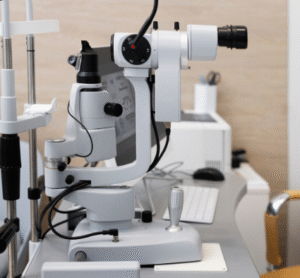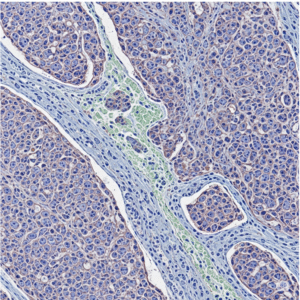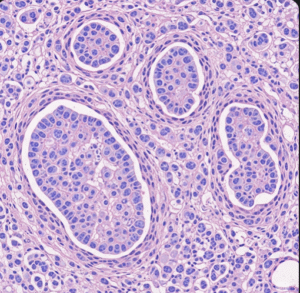Overview
Avoidant Personality Disorder (AvPD) is a chronic mental health condition characterized by feelings of extreme social inhibition, inadequacy, and sensitivity to rejection. Individuals with AvPD often avoid social interaction, despite having a desire for close relationships. In Korea, growing awareness of mental health has led to improved diagnosis and treatment options for personality disorders, including AvPD.
What is Avoidant Personality Disorder?
Avoidant Personality Disorder is one of the Cluster C personality disorders, which are marked by anxious and fearful behavior. People with AvPD often perceive themselves as socially inept or unappealing and are preoccupied with being criticized or rejected in social situations. This can significantly interfere with daily life, work, and relationships.
Symptoms
Common symptoms of Avoidant Personality Disorder include:
- Intense fear of criticism or rejection
- Avoidance of social activities or work that involves interpersonal contact
- Reluctance to engage in new activities due to fear of embarrassment
- Low self-esteem and feelings of inferiority
- Excessive shyness in social situations
- Sensitivity to negative evaluation
- Desire for close relationships but inability to maintain them due to fear
Causes
The exact cause of AvPD is unknown, but several factors may contribute:
- Genetic predisposition or family history of anxiety disorders
- Early childhood experiences such as rejection, ridicule, or neglect
- Temperament, especially in children who are shy or sensitive
- Environmental influences, including bullying or parental criticism
Risk Factors
- Family history of personality or anxiety disorders
- Childhood emotional abuse or neglect
- Social phobia or chronic shyness in early life
- Co-existing mental health conditions like depression or other anxiety disorders
- Cultural pressure or fear of failure in high-performance societies, such as Korea
Complications
If untreated, AvPD can lead to:
- Severe social isolation
- Depression or other mood disorders
- Substance abuse as a coping mechanism
- Difficulty maintaining employment or education
- Impaired interpersonal relationships
Prevention
While AvPD may not be entirely preventable, early psychological support can help reduce the risk or severity:
- Supportive parenting and early intervention in socially anxious children
- Mental health education in schools
- Encouragement of healthy coping mechanisms and self-esteem building
- Prompt treatment of early signs of anxiety or social withdrawal
Treatment Options in Korea
South Korea offers a variety of resources for diagnosing and treating Avoidant Personality Disorder through both public mental health services and private psychiatric care.
- Diagnosis
- Evaluation by a licensed psychiatrist or clinical psychologist
- Structured clinical interviews (e.g., SCID-5-PD)
- Psychological assessments and history taking
- Psychotherapy
- Cognitive Behavioral Therapy (CBT): Focuses on challenging negative beliefs and improving social skills
- Schema Therapy: Helps individuals identify and change deeply rooted patterns
- Psychodynamic Therapy: Explores early life experiences and unresolved conflicts
- Group Therapy: Safe space to practice social interaction
- Medication
- There are no medications specifically for AvPD, but medications may be prescribed to treat associated conditions:
- SSRIs (e.g., fluoxetine, sertraline) for anxiety and depression
- Anxiolytics for short-term symptom relief
- Mental Health Facilities and Support in Korea
- National Mental Health Centers provide therapy and counseling
- Top hospitals like Seoul National University Hospital, Asan Medical Center, and Samsung Medical Center have psychiatric departments experienced in treating personality disorders
- Online platforms (e.g., Mind Cafe, Talkit) offer anonymous counseling services













